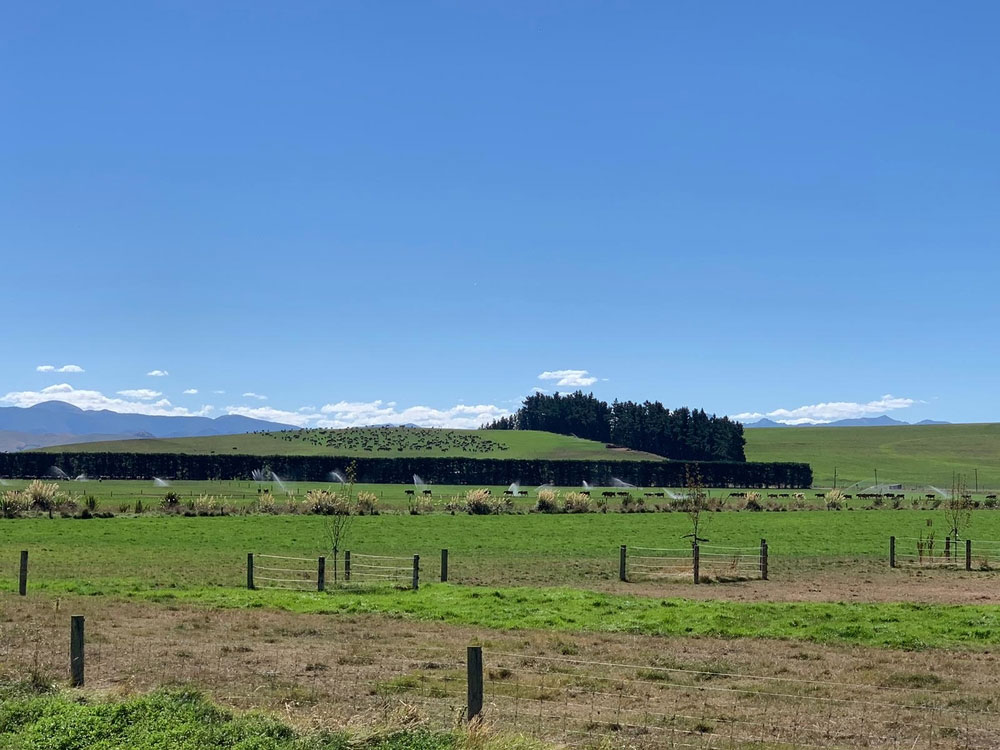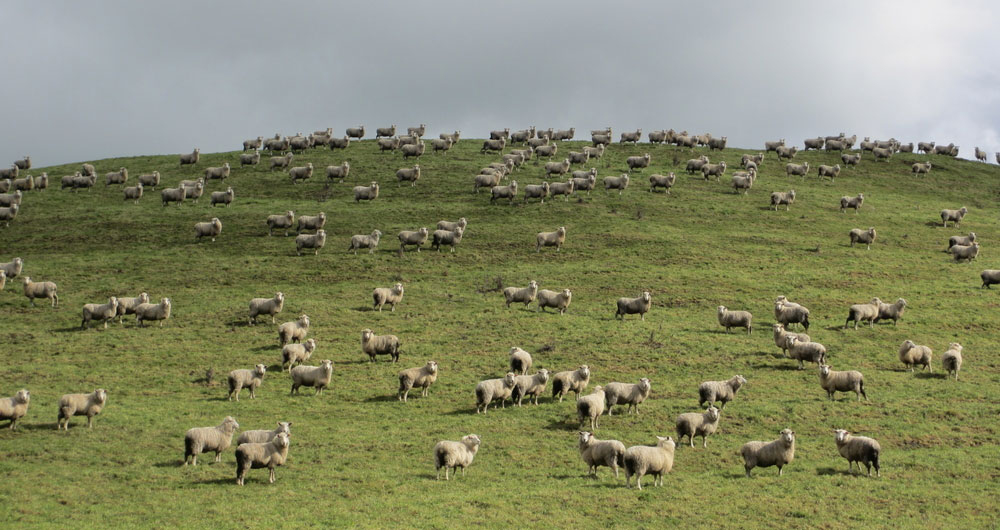The New Zealand Trade Minister David Parker said that he was “looking forward to getting down to business quickly with the UK” and hopes to agree a “world-leading” FTA, enabling businesses on both sides to trade, invest and innovate together. He also believes “blazing an early trail together” will act as a useful “stepping stone” for the UK in achieving its wider aims on expanding trade with Asia – Pacific region, including potential accession to the CPTPP.
Meanwhile, the UK International Trade Secretary Liz Truss said: “A free trade agreement will strengthen our historic bonds of friendship, help grow our economies, and demonstrate to the rest of the world that like-minded democracies are prepared to advance and defend free trade in the face of rising global protectionism. New Zealand is one of the world’s most progressive trading nations. Together, we can break new ground in trade policy and help set new global standards."
The UK Government has also published its negotiating mandate and its response to a public consultation held back in Autumn 2018. The mandate sets out the UK’s high level strategic ambitions for the future agreement.
In it, the UK says that it “remains committed to upholding our high health, environmental, labour, food safety and animal welfare standards in these FTA discussions.”
This is a welcome, mirroring similar commitments made by the UK in respect to the USA trade negotiations and as set out in the Conservative party manifesto.
New Zealand is the UK’s 34th largest non-EU trading partner and 53rd globally. Total trade between the two countries was worth £3.0 billion in 2018, with around 60% of this being trade in goods. New Zealand is already a major player in international trade and although it only signed its first FTA in 1983 (with Australia), international trade is equivalent to around 60% of its annual GDP.
It takes a liberal approach to international trade and already has relatively low tariffs across all goods, including agri-food. On specific benefits to the UK as a result of a deal, the government note that NZ already has FTA’s in place with other countries many of who are members of CPTPP, so a UK-NZ FTA would put the UK on a more level playing field giving the UK similar levels of preferential access to the New Zealand market.

Pictured: Livestock farming in New Zealand
Alongside the mandate the UK has published a “scoping assessment” that provides a preliminary assessment of the potential long run impacts of a Free Trade Agreement between the UK and NZ.
It finds that a UK-NZ FTA will have very limited potential gains for the UK economy and under both scenarios (scenario 1 with more modest tariff liberalisation and 25% of NTB costs addressed and scenario 2 – full tariff removal and 50% of NTB costs addressed) the estimated impact on UK GDP is 0.00%.
The modelling predicts that imports from New Zealand would increase by 14.9% in scenario 1 and 40.3% in scenario 2.
The government has not modelled actual changes of imports of specific products, but it is expected that the increase in imports would reflect growth in areas where New Zealand is relatively competitive. Given the current pattern of UK imports of semi-processed foods from New Zealand, it is expected that this would in part be an increase in imports of sheep meat, including lamb.
Read more in this member briefing here
The modelling notes that in the long run, New Zealand producers may be able to supply UK retailers and UK producers at lower cost relative to domestic producers. In particular, UK suppliers of goods such as dairy products, beef, sheep meat (including lamb), vegetables, fruits and nuts may be subject to more price competition. UK exports to New Zealand could increase by a more modest 3.8% or 7.3%, depending upon the scenario.
In responding to the DIT public consultation in 2018, the NFU flagged that New Zealand represents a market of less than 5 million people, compared to the UK population of 65.6 million people.
This structural gap between markets mean the trade deficit that currently exists between the UK and New Zealand could easily widen, to the detriment of UK agri-food producers. In agricultural terms New Zealand is one of the major global players and as such, represents direct competition for UK agricultural producers.
New Zealand already enjoys substantial access to the UK market for sheep meat through a quota held at WTO level, something the UK has already committed to replicating – albeit adjusting volumes based on historical use in a UK only context.
They are highly competitive global dairy producers and exporters, as a result of this expansion in the dairy herd their beef sector continues to expand and we would expect them to seek access to the highly prized UK beef market, and similar gains for the dairy producers.
The NFU is also concerned that with talks now underway with the EU, USA, Australia and New Zealand, market access concessions granted across each of these negotiations individually may lead to a significantly negative cumulative effect on the UK industry.
The NFU continues to work closely with the government to ensure that UK farming interests are foremost in negotiators minds during the talks.
The first round of negotiations will begin on 13 July in a virtual format.
Read more on NFUonline:
